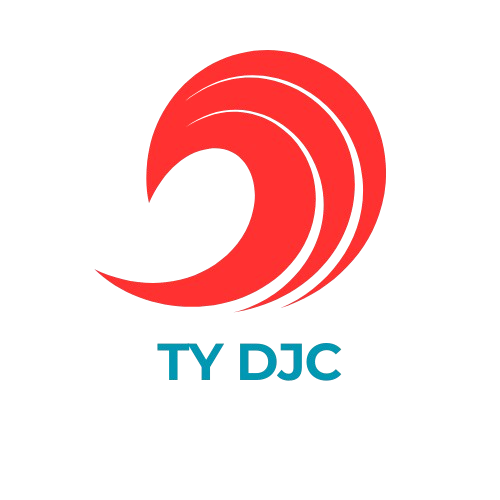Games have been an integral part of human society since ancient times, serving as sources of entertainment, socialization, and even education. Over the centuries, games have evolved from simple pastimes to complex digital experiences that shape our culture and influence various aspects of our lives. In this article, we explore the evolution and impact of games, from their humble beginnings to their current status as a cultural phenomenon.
The history of games dates back thousands of years, with evidence of board games like Senet and Mancala dating back to ancient Egypt and Mesopotamia. These early games served as both entertainment and tools for teaching strategic thinking and decision-making skills. As civilizations developed, so too did the variety and complexity of games, with cultures around the world creating their own unique forms of recreation.
The 20th century brought about significant advancements in gaming technology, paving the way for the rise of electronic and digital games. The invention of the first electronic game, “Pong,” in the 1970s marked the beginning of the video game era. This simple table tennis simulation captivated players with its intuitive gameplay and laid the foundation for the multi-billion-dollar video game industry we know today.
The 1980s saw the emergence of home gaming consoles qq online like the Atari 2600 and the Nintendo Entertainment System (NES), which brought video games into millions of households around the world. Iconic games like “Super Mario Bros.” and “The Legend of Zelda” became cultural phenomena, shaping the childhoods of an entire generation and laying the groundwork for the modern gaming landscape.
The 1990s witnessed a rapid expansion of gaming genres and platforms, with the introduction of 3D graphics and CD-ROM technology. This era saw the birth of iconic franchises like “Final Fantasy,” “Metal Gear Solid,” and “Tomb Raider,” which pushed the boundaries of storytelling and immersion in gaming. The rise of personal computers and the internet also gave rise to online multiplayer gaming, allowing players to connect and compete with others from around the world.
In the 21st century, games have become more than just a form of entertainment; they have become a cultural phenomenon that transcends age, gender, and nationality. Games like “World of Warcraft,” “Fortnite,” and “Minecraft” have amassed millions of players and created thriving online communities that span the globe. These games have become more than just games; they have become social spaces where players can meet, interact, and collaborate in ways that were previously unimaginable.
Moreover, games have also made significant strides in the fields of education, healthcare, and even scientific research. Educational games like “Math Blaster” and “Oregon Trail” have been used in schools to teach math, history, and other subjects in an engaging and interactive way. Similarly, games like “Re-Mission” and “Foldit” have been developed to educate players about cancer and AIDS research while allowing them to contribute to real scientific discoveries.
Despite their widespread popularity and cultural significance, games have also faced criticism and controversy, particularly regarding issues of violence, addiction, and representation. However, research has shown that the majority of players engage with games in a responsible and healthy manner, and many games offer positive benefits such as stress relief, cognitive stimulation, and social connection.
In conclusion, games have come a long way from their origins as simple pastimes to become a ubiquitous and influential force in our culture. Whether as sources of entertainment, tools for education, or platforms for socialization, games have the power to shape our lives in meaningful and impactful ways. As technology continues to advance and gaming evolves, it is clear that games will continue to play a central role in shaping the future of entertainment, education, and society as a whole.

